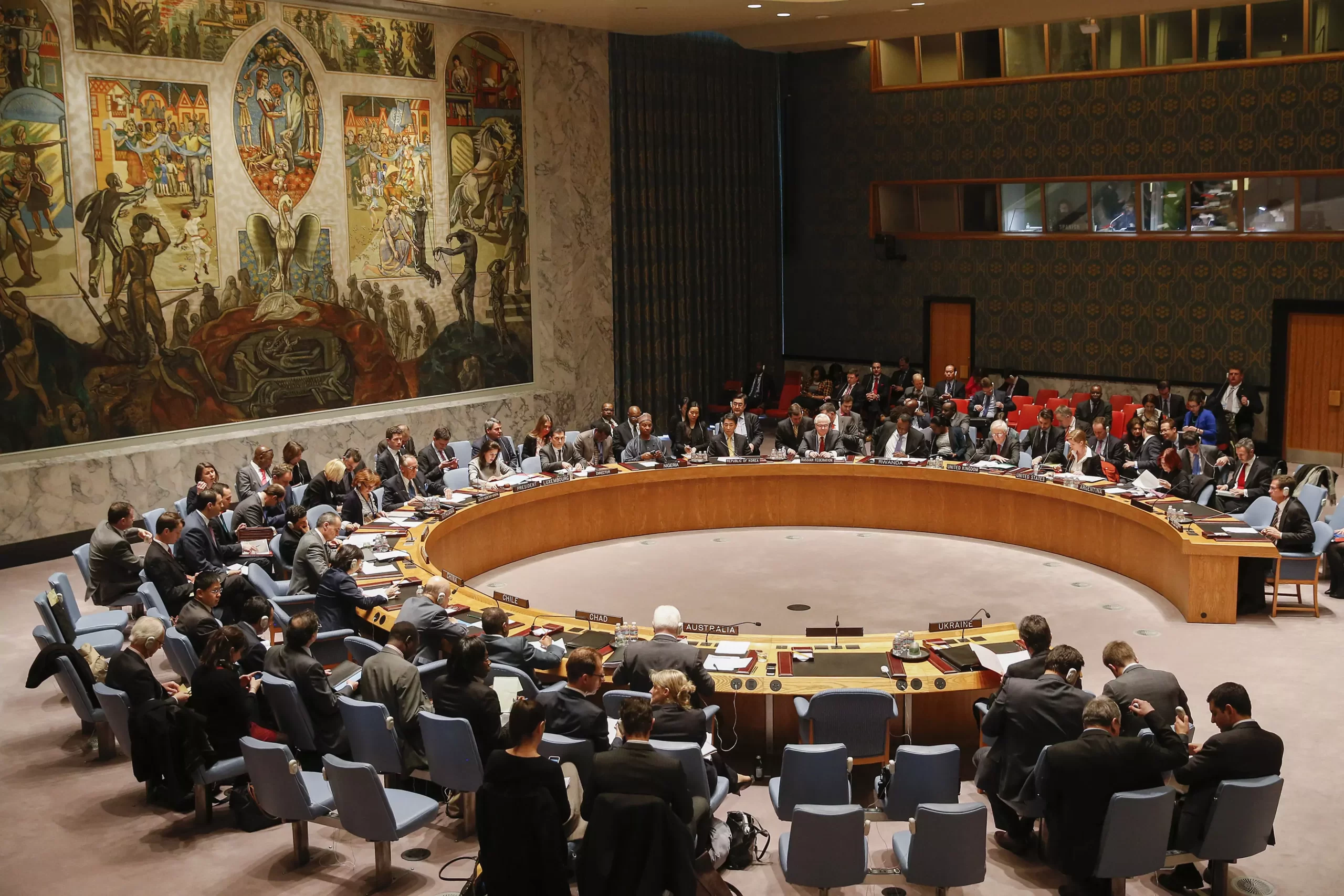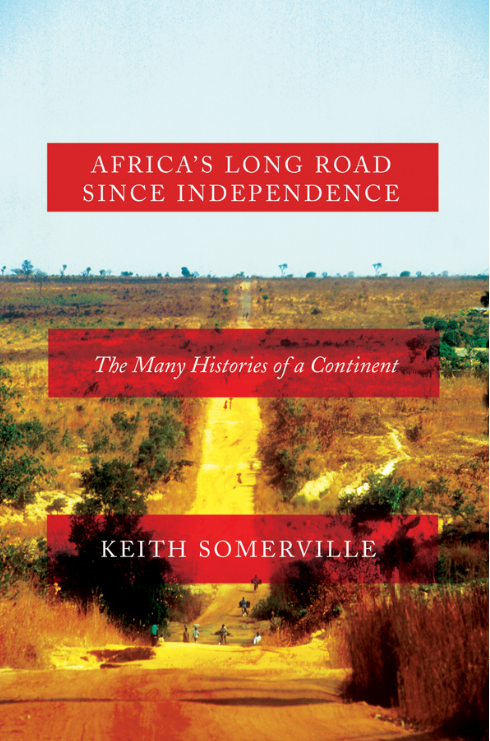I should immediately apologize to the readers for the deliberately provocative and (somewhat) misleading title of this review. This is a review of Martin Welz’s book “Africa Since Decolonizatio
Historical optimism of Thomas Piketty
It is said that the critical difference between children’s literature and literature for adults is the former’s innate optimism. Dealing with real life situations requires life experience (and
Who Lost What?
Who Lost Russia is a revised and updated edition of a book that was originally published in 2017 and was prompted, as its author Peter Conradi informs us, by Russia’s annexation of Crimea in 2014
How sanctions reshape the world against US interests
(Backfire by Agathe Demarais) How Sanctions Reshape the World Against US Interests (the subtitle of Agathe Demaris’s book called Backfire) summarizes the author’s analysis of (primarily) US san
The great poet and the great economist
Alexander Pushkin, the great Russian poet was born in 1799, 23 years after the great British economist Adam Smith published his The Wealth of Nations and 9 years after the latter’s death. So, wha
Long-run economic trends: Secular decline in terms of trade?
Introduction In the absence of the definite answer to the Ultimate Question of Life, the Universe, and Everything (not counting the number 42 from Douglas Adams’ “Hitchhiker’s Guide to the Ga
United Nations Cost Minimization Problem
Professor Branko Milanovic has recently published an essay called Does the United Nations still exist? In this emotional piece, Milanovic accuses the United Nations of failing in its role of a coll
Alternative Development Models: Have they been given a fair chance in Africa?
(Africa’s Long Road Since Independence by Keith Somerville) The book by Keith Somerville Africa’s Long Road Since Independence has a subtitle “The Many Histories of a Continent”. This subti
7 myths about oil projects and the East African Crude Oil Pipeline
Recently and quite unexpectedly to myself, I got sucked into a discussion about the East African Crude Oil Pipeline (EACOP). The $5 billion pipeline is primed to transport oil from the Hoima oilfie
Can You Live (Happily Forever) off Foreign Capital?
The controversial case of Rio Tinto and politics in Serbia Arguments, pro et contra This is a small contribution to the ongoing discussion about the role of foreign direct investments (FDIs) and th






